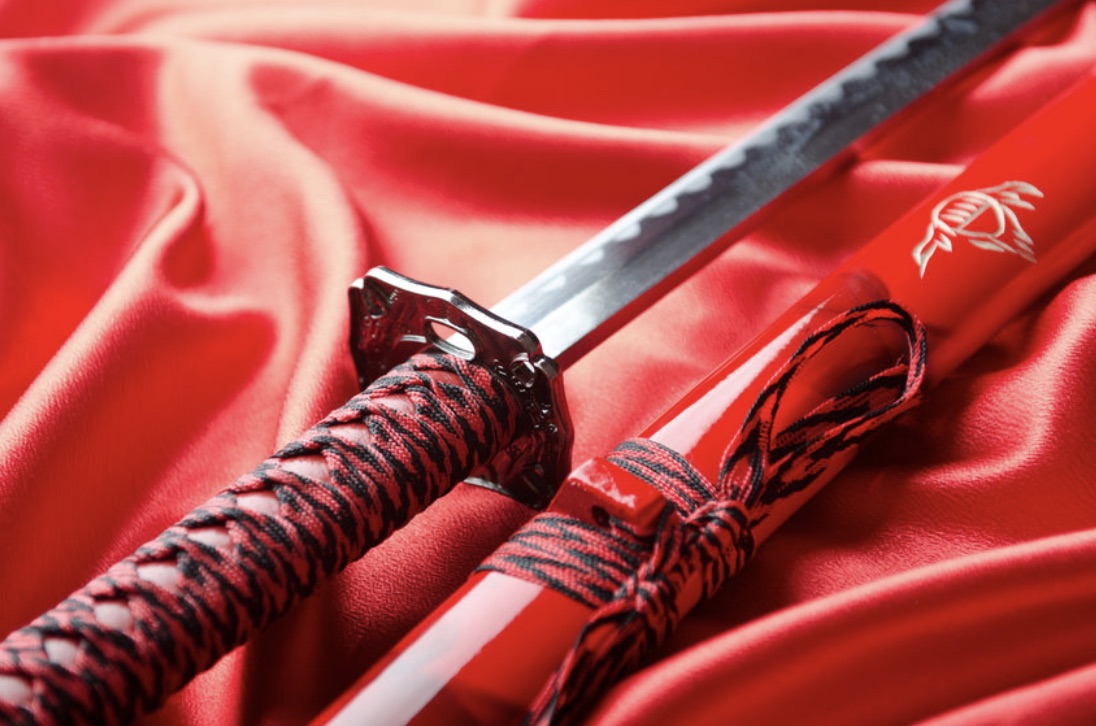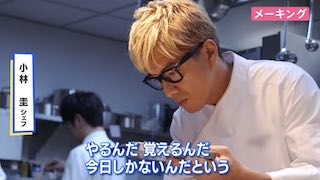Jul 19 (News On Japan) - Japanese swords, also known as 'katanas,' are samurai sword made in Japan. Many sword collectors highly regard katanas for their sharpness, durability, and rich history. That's why a real katana can cost as much as $200,000.

So, if you have a katana, it's important that you clean and take proper care of it. However, taking care of your samurai sword correctly is much harder than it seems. Fortunately, this article is here for you. Here, we'll share some expert tips that make caring for your katana easy.
Use the Right Equipment
Cleaning your katana isn’t something you should do casually to avoid damaging it. You can’t just wipe your blade off with a wet rag now and then. When cleaning a katana, you need to use the right equipment.
Use a soft cloth to wipe your blade before cleaning to remove dust and excess oil from the blade. Also, you’ll need an oiling cloth to oil your blade after cleaning. Furthermore, consider purchasing a cleaning kit designed explicitly for katanas. This kit contains most of the things you need to care for your sword.
Avoid Harsh Polishing Chemicals
Nothing beats that gleam a newly polished katana gives off. That’s why polishing your katana after cleaning is a common practice. Not only does this make the katana look good, but it also preserves its blade. Despite that, you need to polish your samurai sword judiciously.
Avoid harsh polishing materials or chemicals. These substances can degrade your blade by damaging its surface. Furthermore, strong chemicals can cause your blade to rust. So, avoid harsh polishing materials if you want your katana to last a long time.
Never Sharpen your Blade with Abrasive Materials
Another useful tip for caring for your katana is never using abrasive sharpeners or grinding wheels. Although abrasive sharpeners may sharpen your katana, they also damage your blade. You must only use Japanese water stones or whetstones to sharpen your blade.
Furthermore, avoid sharpening your blade if you don’t have the proper training. If you don’t, you may damage your blade or harm yourself. Always seek a professional to sharpen your blade.
Avoid Touching the Blade with Your Fingers
You must avoid touching your katana's blade using your fingers. Why? When you touch the blade using your fingers, your fingerprints may leave indiscernible condensation. This condensation promotes rust formation, which damages your blade.
Whenever you handle the blade, ensure you use a soft cloth, cotton gloves, or Nuguigami, a special Japanese paper.
Apply Sword Oil
Before you store your katana, it is important to apply a thin layer of non-abrasive oil to the blade after cleaning. This oil prevents oxidation and rust from forming on the blade. Ensure you wipe excess oil to prevent it from attracting dust.
Note that you must wipe off your old oil and reapply a new one on the blade now and then. If you live in a dry region and store your sword properly, you must replace the oil every three to four months. On the other hand, if you live in a humid area, you need to clean your blade and reapply the coating more often. This tip can keep authentic katana sword to last longer.
Conclusion
Whether you’re a casual katana collector or a sword expert, taking good care of your samurai sword should be your priority. However, cleaning and maintaining your katana shouldn’t be done casually. You must use the right equipment and know when to get professional assistance. When you do so, you preserve your katana and its rich history.















